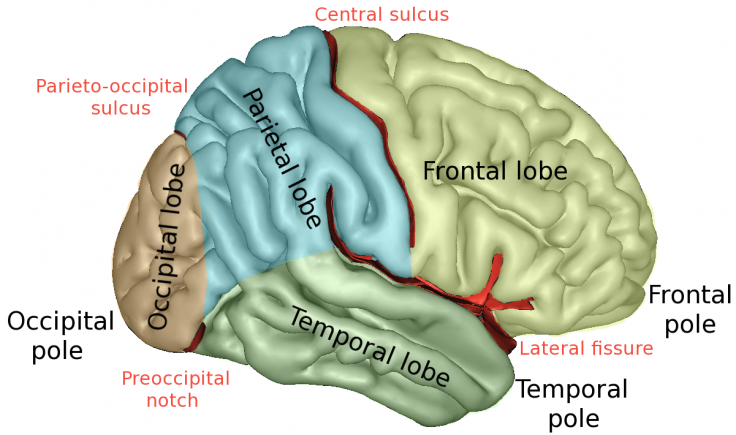The brain is a fortress, equipped with barriers designed to keep out dangerous pathogens but these protective barriers interfere with the immune system when faced with dire threats such as glioblastoma, a deadly brain tumor for which there is no effective treatment. Yale researchers have found a novel way to circumvent the brain's natural defenses when they're counterproductive by slipping immune system rescuers through the fortresses' drainage system.
In a paper published in the journal Nature, the writers explained that the brain itself has no direct way for disposing off cellular waste. Instead, tiny vessels lining the interior of the skull collect tissue waste and dispose it through the body's lymphatic system, which filters toxins and waste from the body.

It is this disposal system that researchers exploited in their new study. These vessels form shortly after birth, spurred in part by the gene known as vascular endothelial growth factor C, or VEGF-C. "People had thought there was very little the immune system could do to combat brain tumors," said co-author Akiko Iwasaki.
"There has been no way for glioblastoma patients to benefit from immunotherapy," said Iwasaki, who is the Waldemar Von Zedtwitz Professor of Immunobiology and professor of molecular, cellular, and developmental biology and an investigator for the Howard Hughes Medical Institute.
The researchers set out to examine whether VEGF-C might increase immune response if lymphatic drainage was increased and lead author Eric Song, a student working in Iwasaki's lab, and Yale's Jean-Leon Thomas, associate professor of neurology at Yale and senior author of the paper, explored to see if VEGF-C could specifically be used to increase the immune system's surveillance of glioblastoma tumors. The team together probed whether introducing VEGF-C through this drainage system would specifically target brain tumors or not.

When VEGF C was introduced into the cerebrospinal fluid of mice with glioblastoma, an increased level of T cell response to tumors in the brain was observed. When combined with immune system checkpoint inhibitors commonly used in immunotherapy, the VEGF-C treatment significantly extended survival of the mice during the experiment.
Essentially, the introduction of VEGF-C, in conjunction with cancer immunotherapy drugs, was apparently sufficient to target brain tumors, revealed the research outcome. "These results are remarkable," Iwasaki said. "We would like to bring this treatment to glioblastoma patients. The prognosis with current therapies of surgery and chemotherapy is still so bleak."









